Regulations on public service units should be maintained.
Discussing in groups, the National Assembly deputies of Thanh Hoa province agreed to comprehensively amend the Law on Public Employees to institutionalize the Party's policies and guidelines on restructuring and improving the quality of the staff and the operational efficiency of public service units to meet practical requirements; at the same time, overcoming the limitations and shortcomings of the current Law. Commenting on the draft law, the deputies said that the drafting committee needs to review a number of provisions in the draft law to ensure compliance with reality.
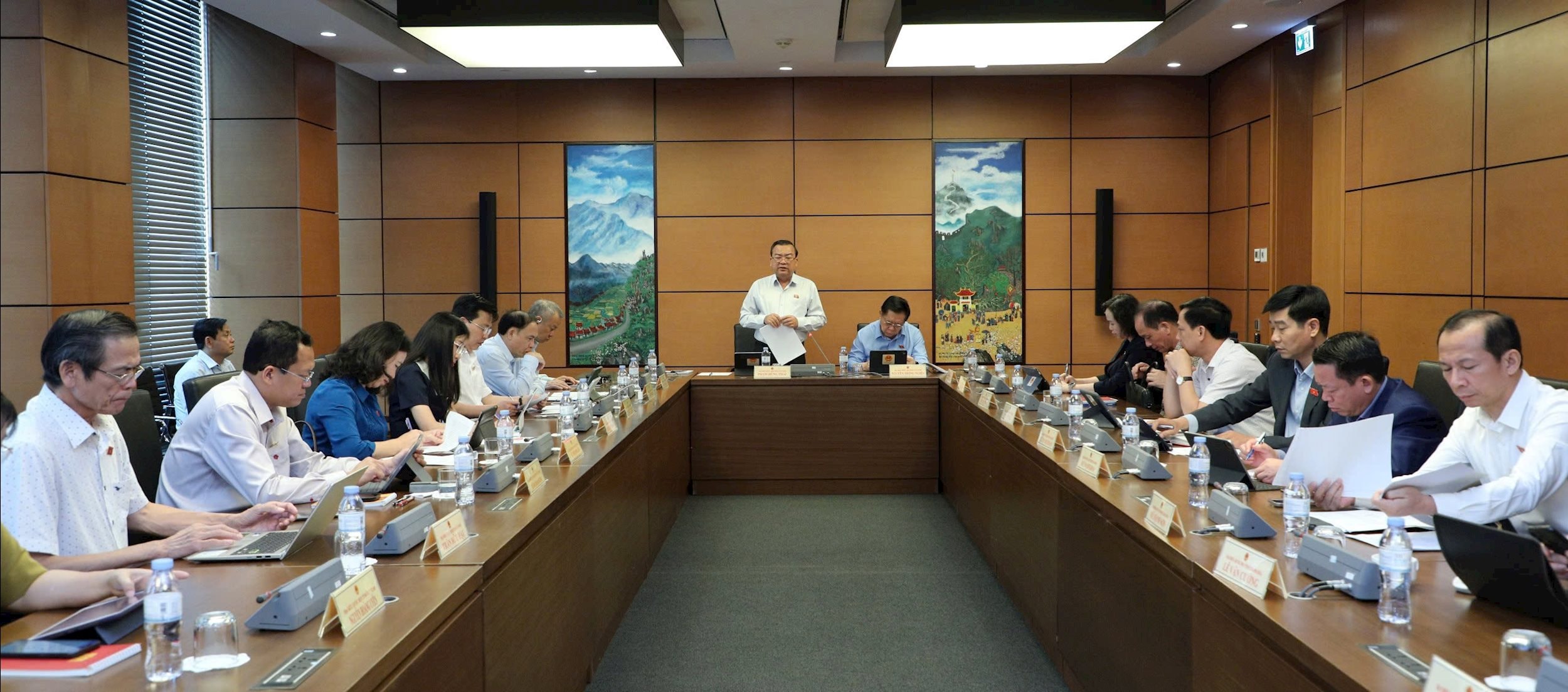
According to National Assembly member Le Thanh Hoan, the draft law has added principles on decentralization and delegation of power, ensuring comprehensive autonomy for public service units associated with the responsibility of the head. In addition, the draft also clarifies the content of the mechanism for protecting civil servants, which is a new and breakthrough point. For cases causing damage due to objective factors, civil servants will be considered for exclusion and exemption from responsibility if they have exercised their authority, order, procedures correctly and without self-interest; at the same time, they will also be exempted from responsibility when proposing innovations and being permitted by competent authorities for the common good.
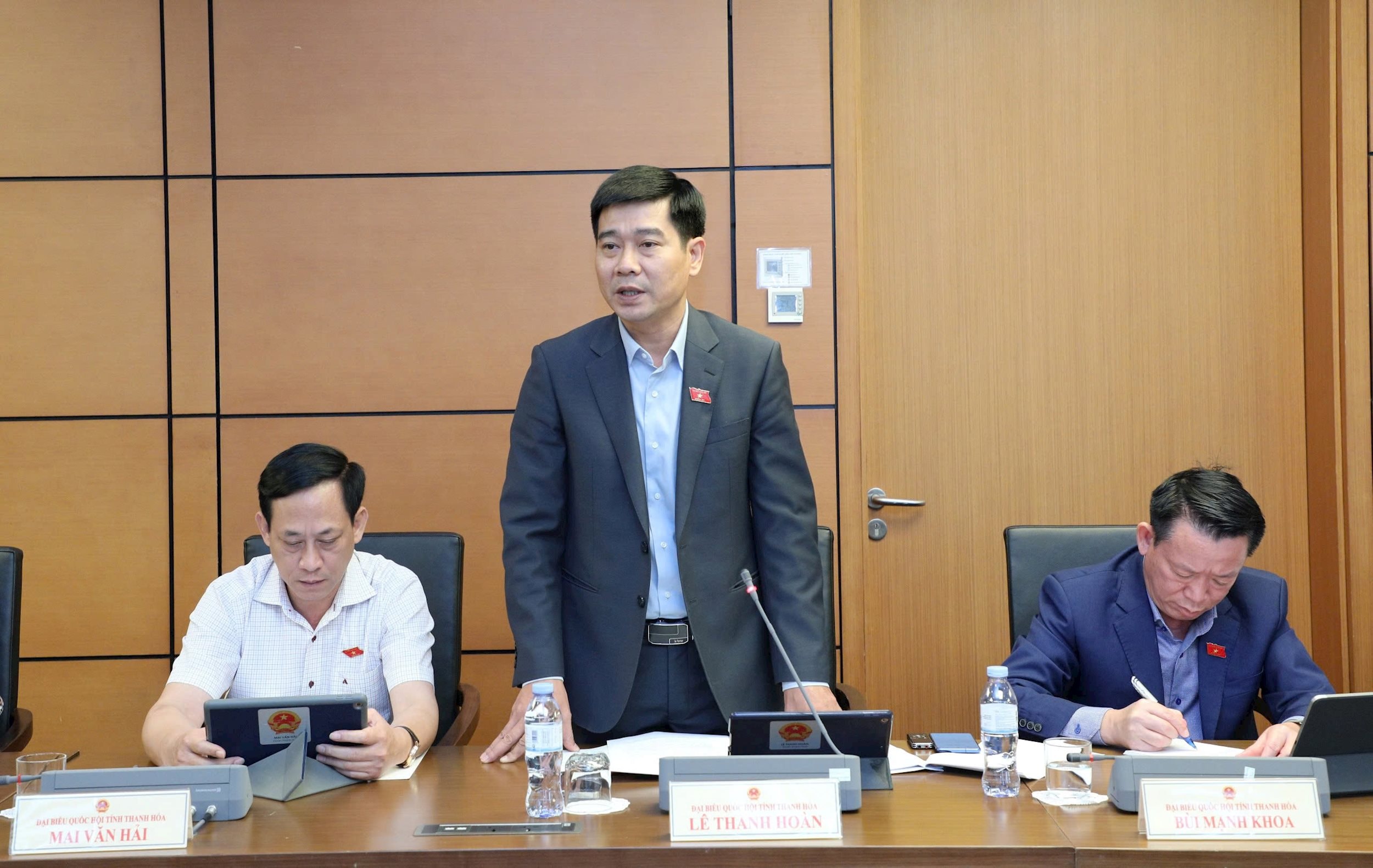
Regarding the scope of regulation, delegate Le Thanh Hoan said that it is necessary to maintain the regulations on public service units, because Article 9 of the current Law also regulates public service units and the organizational structure for managing the activities of public service units. This is the basis for the Government to issue a decree on the organization and operation of public service units.
Currently, agencies are summarizing the implementation of Resolution No. 19-NQ/TW dated October 25, 2017 of the Central Executive Committee on continuing to innovate the organization and management system, improving the quality and efficiency of public service units. This is an important political basis for researching and developing a general law regulating public service units.
Therefore, while this law has not been developed, if there are no regulations on public service units in the draft law, there will be no basis for the Government to specifically regulate the organization and operation of public service units, which may lead to a legal gap.
Delegate Le Thanh Hoan also highly appreciated that this draft law allows civil servants the right to contribute capital, participate in the management and operation of enterprises, cooperatives, hospitals, educational institutions, and scientific research organizations, except in cases where the law on anti-corruption and specialized laws provide otherwise.
This is a truly groundbreaking provision for civil servants to have the right to participate in specific start-up activities and to be able to participate in business activities. This is also the basis for implementing the public lawyer model, civil servants of universities, especially law schools, can participate in professional activities as lawyers.
The draft law also allows civil servants to sign labor contracts or service contracts with other agencies, organizations, and units if it is not contrary to the agreement in the employment contract and is not prohibited by law. In cases where there is no agreement in the employment contract, the consent of the head of the public service unit is required; for administrative civil servants, the consent of the competent appointing authority is required.
However, according to delegates, this regulation needs to be reconsidered because it will depend greatly on the subjective opinions of the heads of public service units and will affect the rights of civil servants when receiving other activities.
Only indefinite term contracts should be stipulated.
Regarding the method of recruiting civil servants, according to the National Assembly deputies of Thanh Hoa province, there are currently two methods: examination and selection. This draft law continues to maintain these two methods, this time the selection is only aimed at a number of groups of subjects, such as excellent students, ethnic minorities, and students studying under the selection system. However, Clause 2, Article 7 stipulates the immediate acceptance of civil servants for those who have signed professional and technical work contracts at public service units and these contracts are in the nature of labor contracts, service contracts, are subject to negotiation and are decided by the head.
Such a regulation will easily lead to the mentality of increasing the number of contracts to have easier opportunities to become civil servants, and there is a risk of eliminating talented people through exams.
Regarding the regulations on labor contracts for civil servants, the draft law stipulates two forms: indefinite-term contracts and fixed-term contracts. According to National Assembly member Le Thanh Hoan, the regulation on fixed-term contracts should be removed and only indefinite-term labor contracts should be regulated.
Because, when there is an exam, selection for work and a mechanism of "in case of failure to complete the task, the employment contract can be terminated", it is not necessary to sign a short-term contract. If necessary, it is possible to stipulate a probationary period for civil servants.
Agreeing with this view, National Assembly Deputy Mai Van Hai said: "There should only be one type of contract with an indefinite term so that civil servants can work with peace of mind and it is also convenient for recruitment and dismissal if civil servants do not complete their tasks."
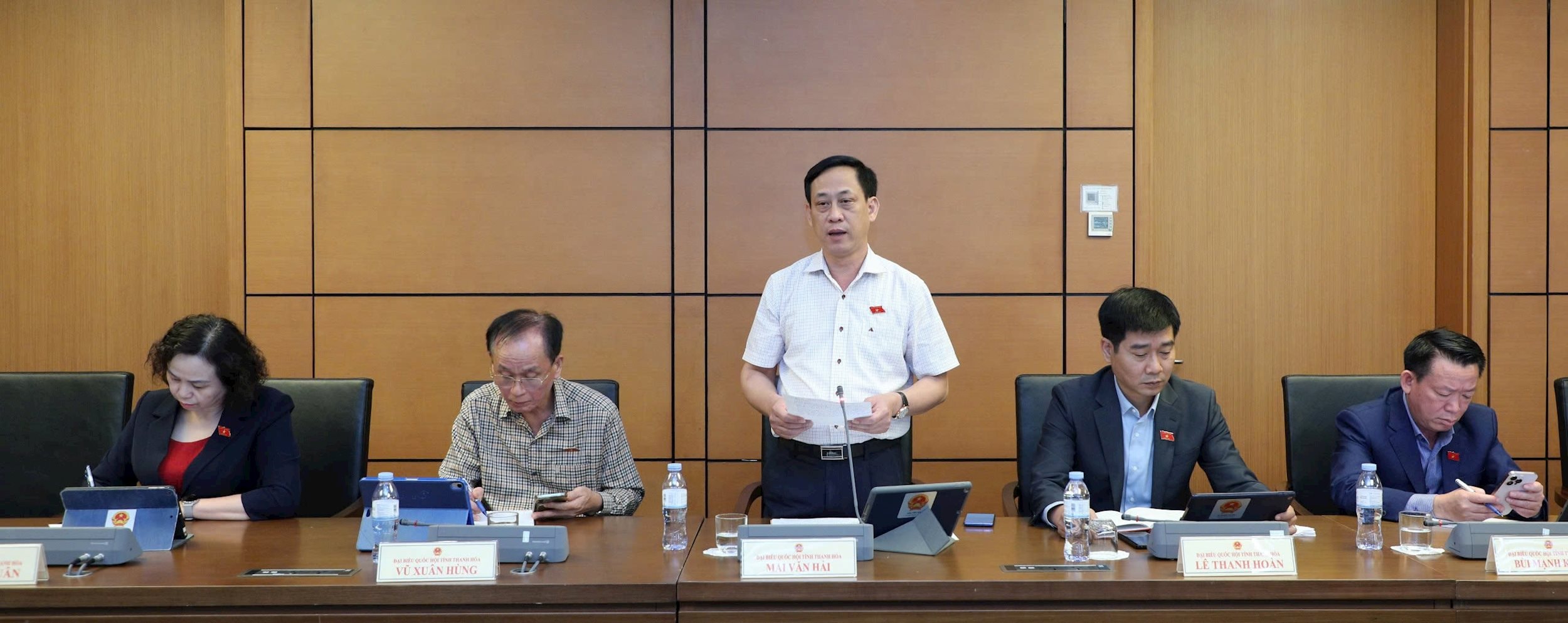
In addition, Article 21 stipulates labor contracts and service contracts, in Clause 2 "Priority is given to attracting and signing contracts for people working in the fields of science, technology, digital transformation, innovation, agriculture, health, education and training", delegate Mai Van Hai said that in the current context, especially when implementing the 2-level local government model, in some very important fields such as: land, construction, accounting, digital transformation... there is also a shortage.
"If the public service units are directed to be established in the communes, this force will be needed, so priority should be given to signing working contracts at the Public Service Centers in the communes to ensure current task requirements" - delegate Hai suggested.
Discussing this draft law, National Assembly member Cao Thi Xuan said that the revised Law on Civil Servants this time has many important new points compared to the current law. However, the job positions stipulated in Article 22 are still general, very difficult to implement in practice, and difficult to arrange salary tables and pay salaries according to job positions. Meanwhile, the transitional provision stipulated in Article 43 states that "No later than July 1, 2027, the arrangement and arrangement of salary tables according to job positions nationwide must be completed".
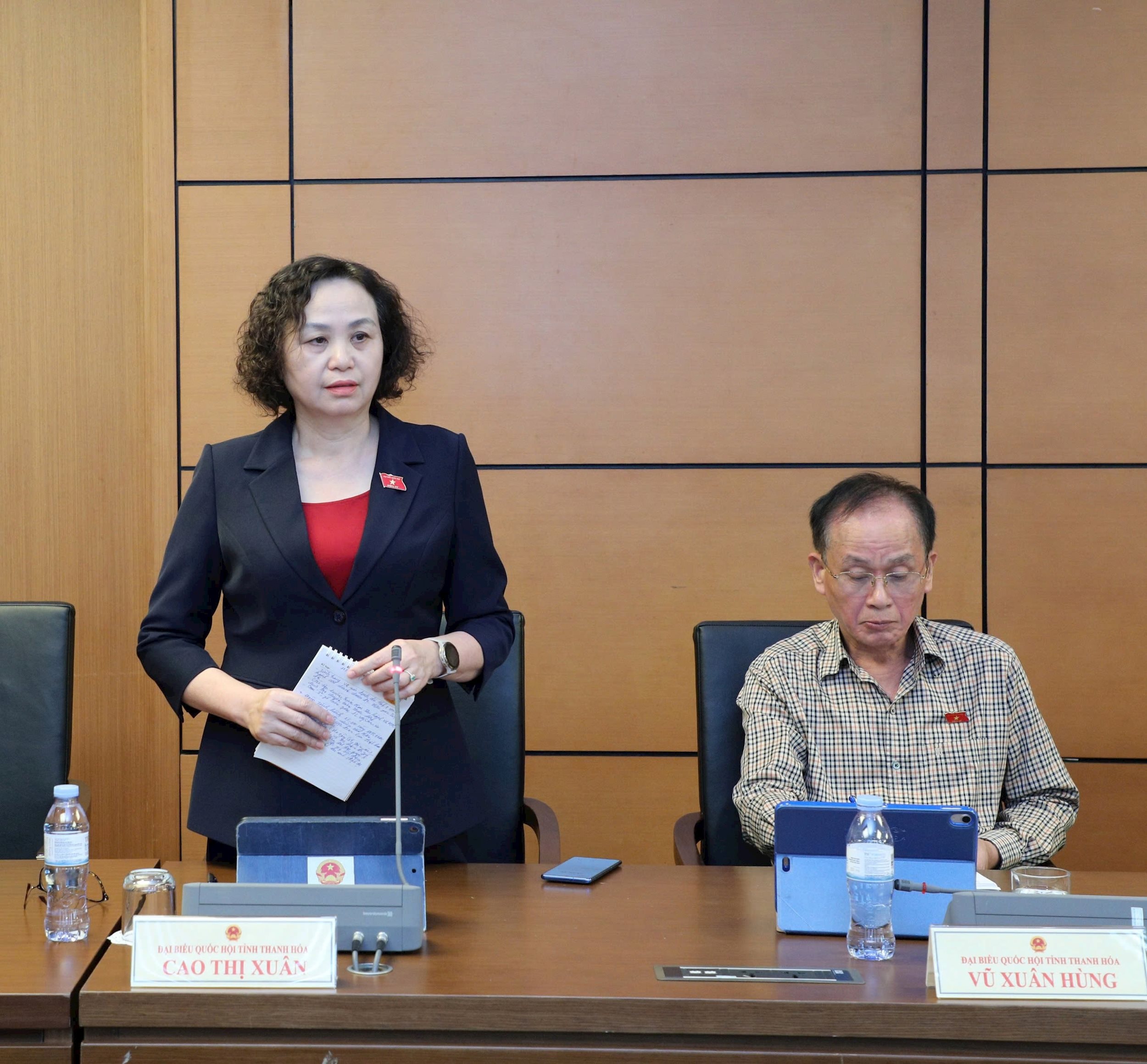
Thus, when building a job position, the approver plays a very important role, but if it is not done correctly, will there be any responsibilities? Delegate Cao Thi Xuan wondered and suggested that there should be regulations on handling the responsibilities of the agency or unit with the authority to approve the job position.
In addition, delegate Cao Thi Xuan also suggested that the drafting committee should carefully review current regulations as well as draft laws submitted to the National Assembly this time to avoid overlap. To ensure feasibility when the law takes effect on July 1, 2027, detailed implementation guidance documents must be issued simultaneously. These are also the limitations and shortcomings in the current law-making and enforcement work that need to be overcome.
During the group discussion, the National Assembly deputies of Thanh Hoa province also highly appreciated the policies on building and developing civil servants that the draft law has proposed. However, the deputies said that it is necessary to add more housing policies for civil servants, especially in remote, isolated and extremely difficult areas to create motivation and ensure a stable life for civil servants to work with peace of mind.
Source: https://daibieunhandan.vn/khong-nen-quy-dinh-hop-dong-lao-dong-co-xac-dinh-thoi-han-doi-voi-vien-chuc-10392397.html


![[Photo] Award Ceremony of the Political Contest on Protecting the Party's Ideological Foundation](https://vphoto.vietnam.vn/thumb/1200x675/vietnam/resource/IMAGE/2025/10/22/1761151665557_giaia-jpg.webp)
![[Photo] Prime Minister Pham Minh Chinh chairs meeting on nuclear power plant construction](https://vphoto.vietnam.vn/thumb/1200x675/vietnam/resource/IMAGE/2025/10/22/1761137852450_dsc-9299-jpg.webp)

![[Photo] Da Nang: Shock forces protect people's lives and property from natural disasters](https://vphoto.vietnam.vn/thumb/1200x675/vietnam/resource/IMAGE/2025/10/22/1761145662726_ndo_tr_z7144555003331-7912dd3d47479764c3df11043a705f22-3095-jpg.webp)


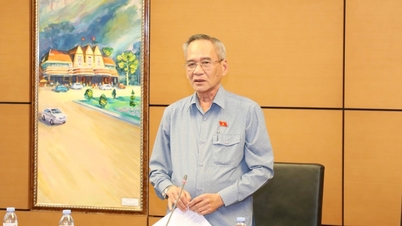
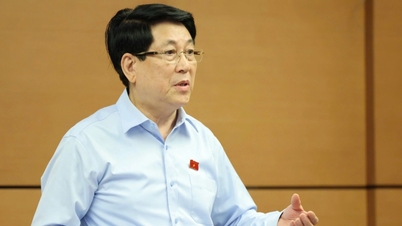

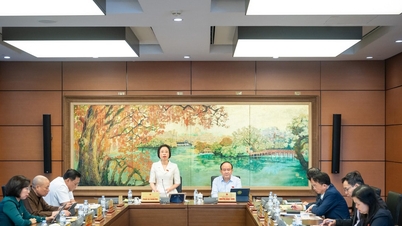
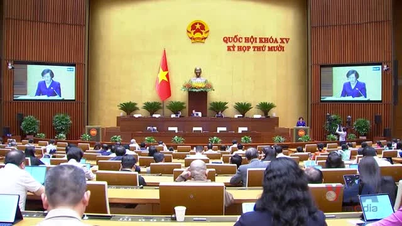

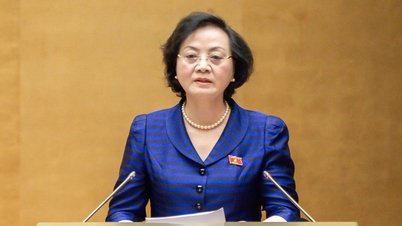

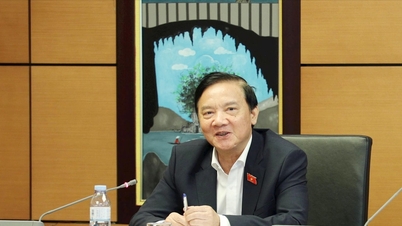
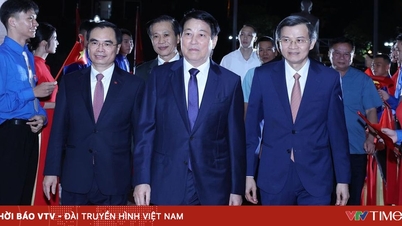

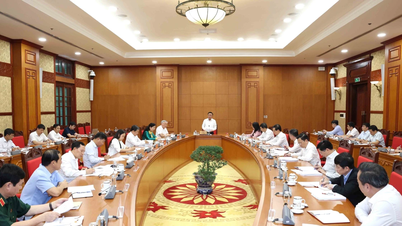
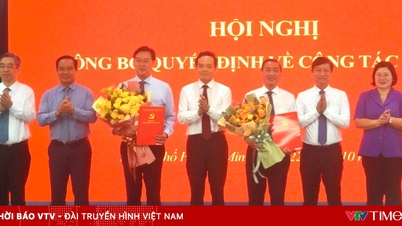

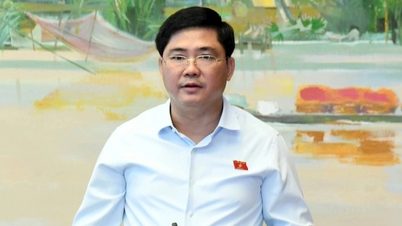
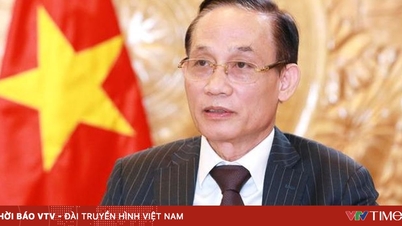




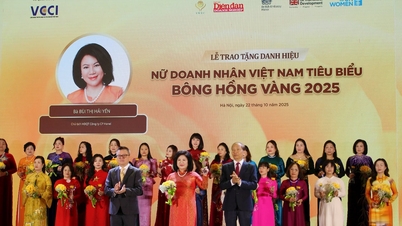
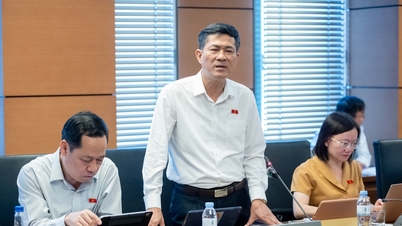
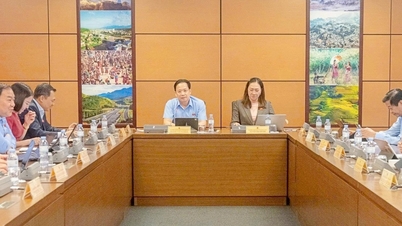
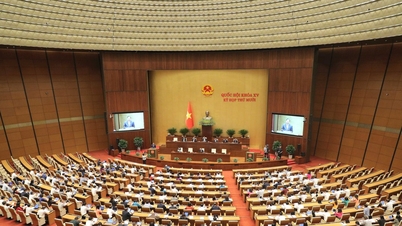
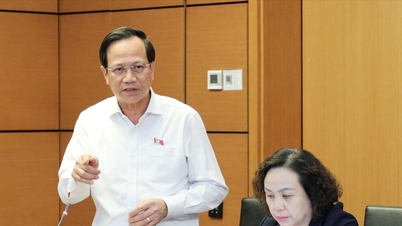
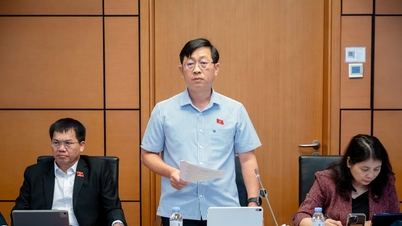
![[Photo] General Secretary To Lam and his wife begin their official visit to Bulgaria](https://vphoto.vietnam.vn/thumb/1200x675/vietnam/resource/IMAGE/2025/10/23/1761174468226_tbtpn5-jpg.webp)
![[Photo] Comrade Nguyen Duy Ngoc visited and worked at SITRA Innovation Fund and ICEYE Space Technology Company](https://vphoto.vietnam.vn/thumb/1200x675/vietnam/resource/IMAGE/2025/10/23/1761174470916_dcngoc1-jpg.webp)




































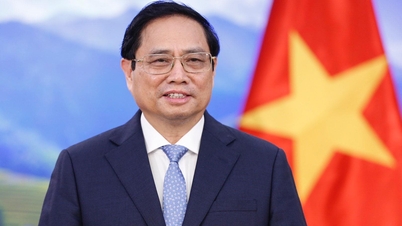

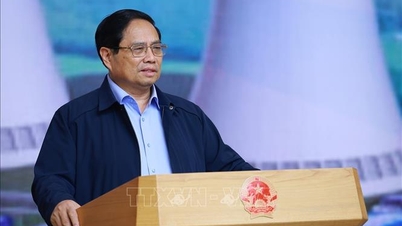




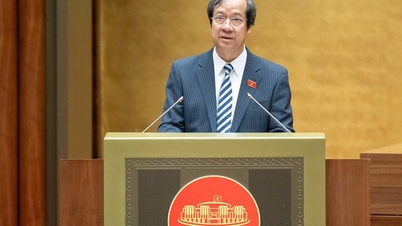


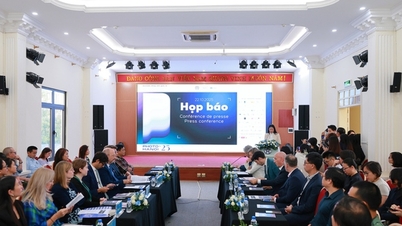

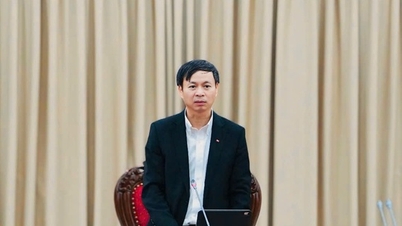




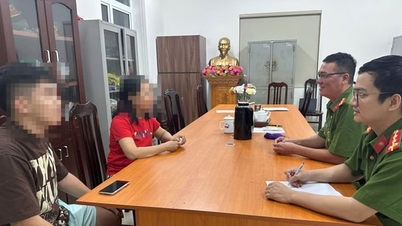







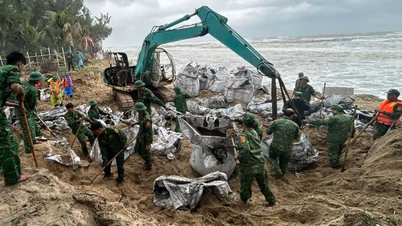













Comment (0)